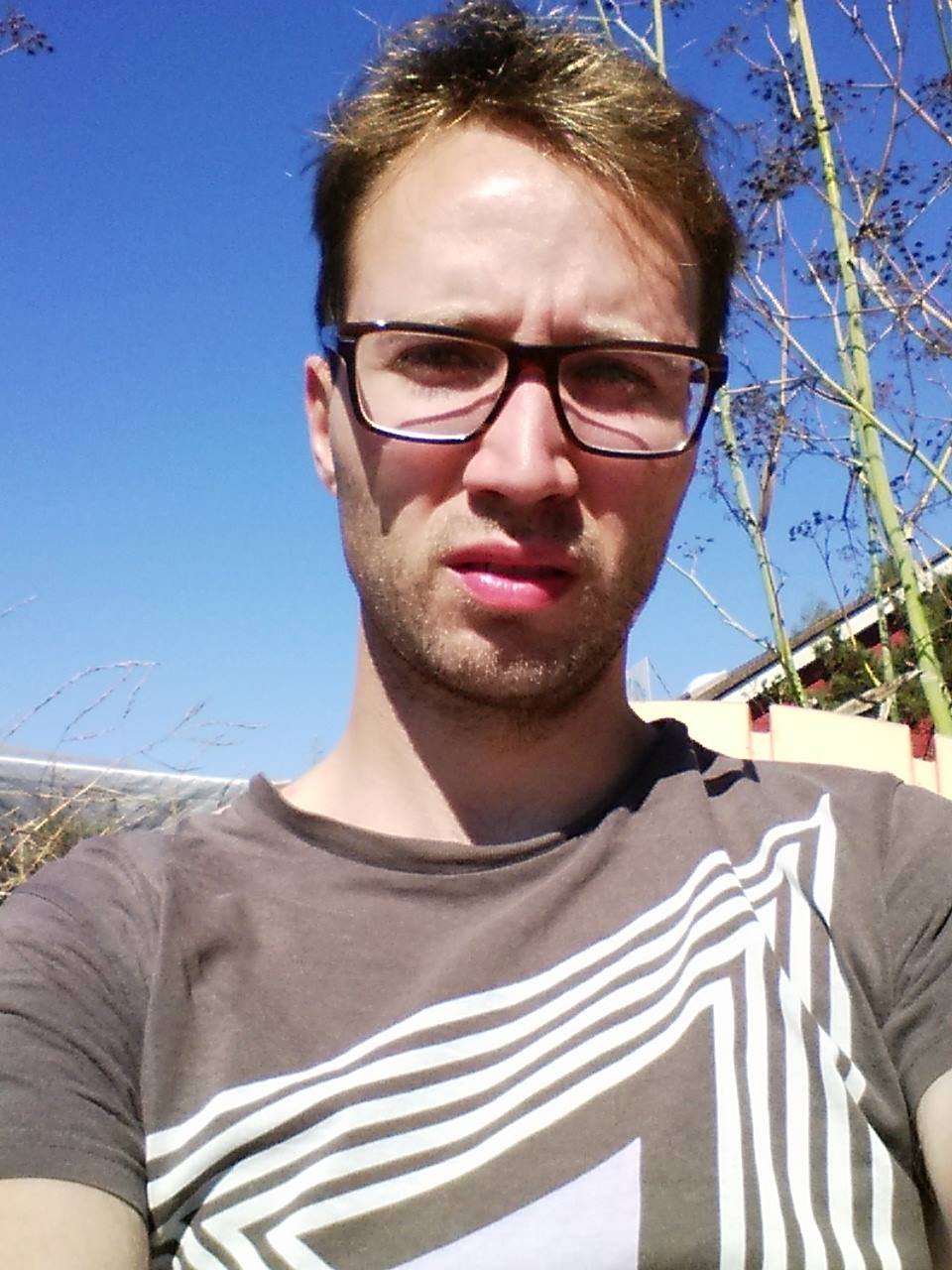Alexander Kladakis
MSc Sociology from University of Copenhagen, PhD student at CFA since 2019
Supervisor: Kaare Aagaard. Co-supervisor: Mathias Wullum Nielsen.
What is the topic of your project?
I conduct biographical studies of highly cited researchers in Denmark and Great Britain within biology, physics and economics. My goal is to map the researchers’ biographical characteristics, their career paths and work habits. Basically, my project investigates the necessary preconditions for creating a top researcher.
My project consists of three stages. In the first stage of the mapping, I and a colleague will identify the citation elite in Denmark and Great Britain within the three disciplines. We will describe and compare the elite researchers’ performance, their sociodemographic characteristics and other career-related attributes. Second, I will conduct CV analyses of a subsample consisting of the 30-40 most cited researchers in the two countries. The final stage is to conduct in-depth biographical elite interviews with the same set of 30-40 highly cited Danish and British researchers within the three disciplines.
Studying elite researchers is interesting because they are powerful actors in the academic system. They often fill important positions at top journals where they typically function as editors. In addition, they exert great influence via their research and contribute to defining the scientific agenda within their respective disciplines. The most successful researchers also participate in powerful elite networks where they influence recruitment of a new generation of aspiring elite researchers. All in all, these individuals have enormous influence on the type of knowledge universities produce.
How did you end up doing a PhD at CFA?
I have been interested in science studies and sociology of science for a long time. My Bachelor project examined collaborative relationships between university researchers at a pharmaceutical department and researchers in the pharmaceutical industry. This interest continued in connection with my Master’s thesis, where I studied how the funding situation affects the content of research and the conditions of biomedical researchers at the Faculty of Health and Medical Sciences at the University of Copenhagen.
In my thesis, I used some studies conducted by CFA, so the place has actually been on my radar for a while. It is the only place in Denmark that does research on research, so it was obvious for me to apply there. I started as research assistant and became acquainted with the work habits at the center, but I always knew that I wanted to do a PhD.
What is it like doing a PhD at CFA?
I really like the collegial environment at the center across the PhD students and the permanent staff. I also like that there is so much going on academically all the time. CFA was originally a governmental research institute that mainly did consultancy and performed relatively narrowly defined assignments, typically for ministries. In recent years, the staff has grown considerably and there are many new colleagues with interesting research profiles. It is a very interesting process to be part of, I find.
What would you like to do when you are done with your dissertation?
First, I have to complete my PhD project, which in itself is a huge task, but I will try to stay in research afterwards. Maybe I will apply for a postdoc abroad in an environment that works with similar research questions as here at CFA. I think travelling abroad is an advantage for an academic career because it gives you a deeper insight into how research is conducted elsewhere. However, only few get an opportunity to continue in research after their PhD, so I could imagine a career outside academia. But fundamentally, I would like to pursue an academic career.
